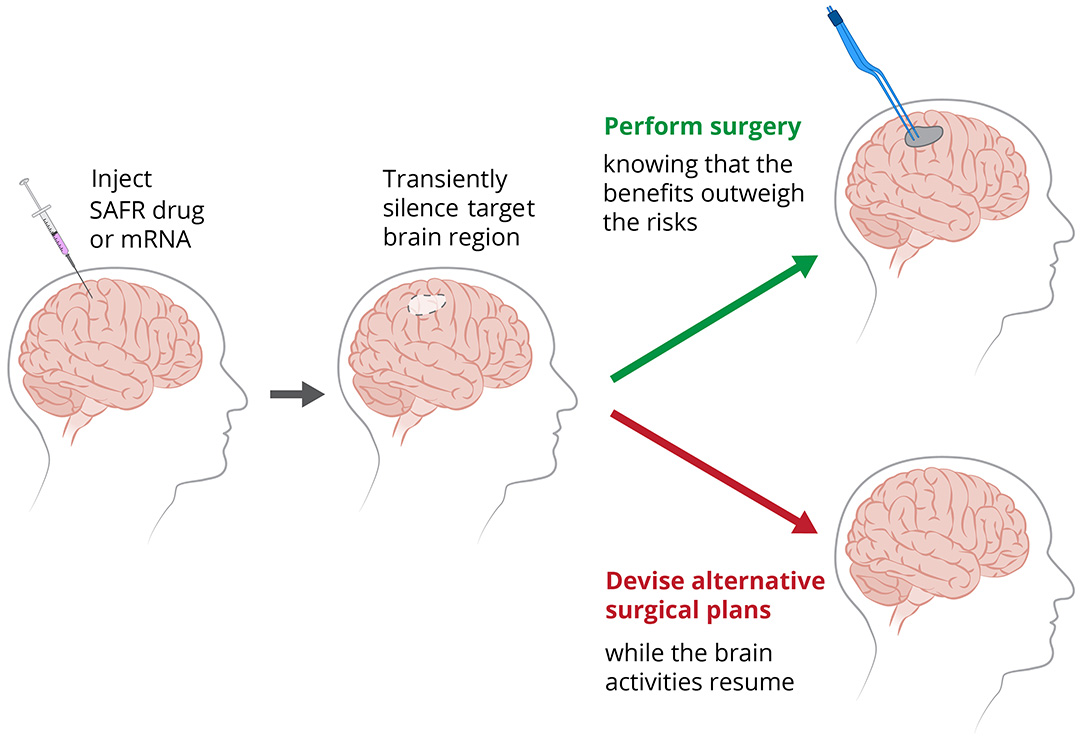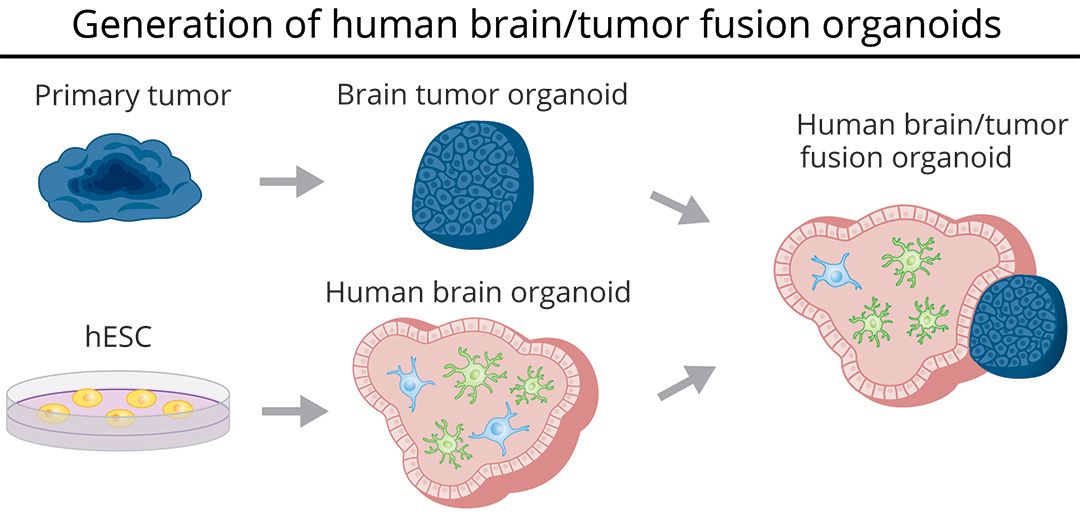Translational Science
The translation of research findings into therapies and cures is the ultimate goal of our work. Our lab is actively engaged in the Boston Children’s Hospital environment, which integrates bench research, patient care and medical education. This is the ideal context in which basic biological findings, emerging technologies and best-in-class clinical services lead to clinically-applicable solutions for the diagnosis and treatment of brain disorders.
Translational Research Directions:
Collaborating with clinicians, leveraging expertise and technology, optimizing solutions
Every step of the way, our approach to translational research is informed by our collaborations with clinical experts to identify significant unmet needs. We apply our expertise in mechanistic research and technology development to devise customized methodologies, and continue our engagement with clinicians through an iterative process of optimization of the prototype technologies to facilitate their clinical translation.
Examples of translational work:
1Injectable drug and nucleic acid formulations that temporarily silence brain regions, mimicking tissue ablation in order to improve the safety and efficacy of surgical interventions.
2 Surgically-resected brain tumor tissue samples to dissect and reconstruct brain cancer microenvironments.
3Genetic models of vascular disorders of the brain.

Test drive neurosurgery through injectable agents

Generation of human brain/tumor fusion organoids
To foster a culture of collaboration between researchers and clinicians in the Department of Neurosurgery at BCH and beyond, Dr. Tang and Dr. Joseph Madsen of BCH Department of Neurosurgery co-host a monthly Neurosurgery Translational Research Roundtable Series, which brings together translational research communities. Please contact Dr. Tang if you are interested in participating in the series.
Clinical collaborators: Joseph Madsen, Lissa Baird, Mariella Filbin


